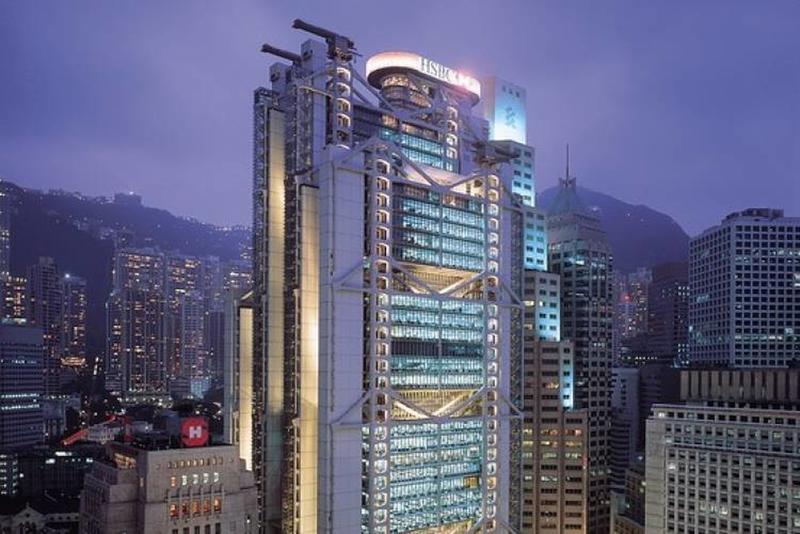Skyscrapers built in Japan, Hong Kong and China seem to follow a general trend here. Their buildings seem to have what can best be described as 'holes' in them. But some journalists seem to have uncovered the reason as to why some of these buildings have so many holes in them. The answer lies in mythology, good fortune and superstition.

Some of the buildings such as the Bank of China Tower have been blamed consistently for pushing companies out of business, this is primarily because it doesn't have the 'hole' in the skyscraper, resulting in them getting bad "feng shui".

The holes are based on a design concept which is unique in particular to Hong Kong only and the famous Chinese principle of feng shui. These are literally called dragon holes which serve as portal to and from for dragons.

Hong Kong sits in an area which mountains behind and water at the front. Legend has it that dragons which live in the mountains frequently migrate to the waters in the front in order to drink and bathe.
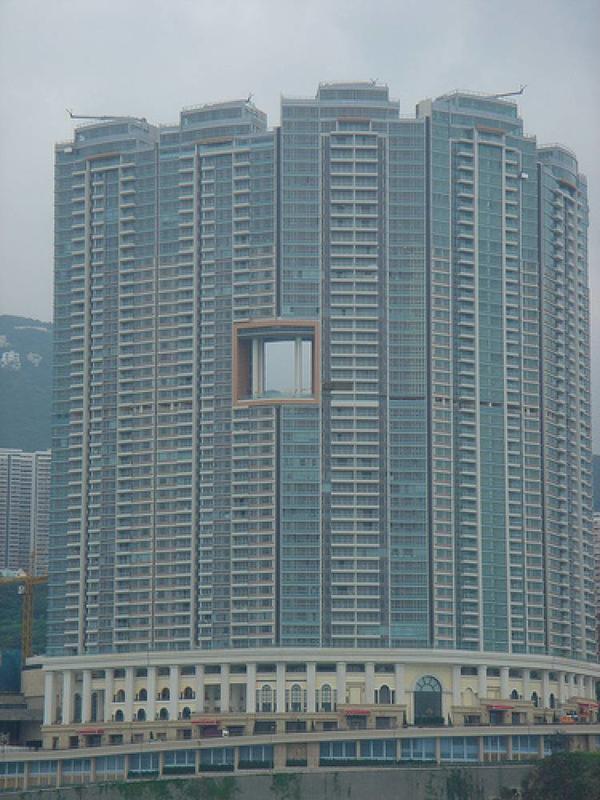
Because the buildings are sprinkled along the way directly between the mountains and the waters, the dragons inadvertently come into contact with the buildings and can find it slightly hard to migrate. The goal then is to create a path for them to easily pass through.
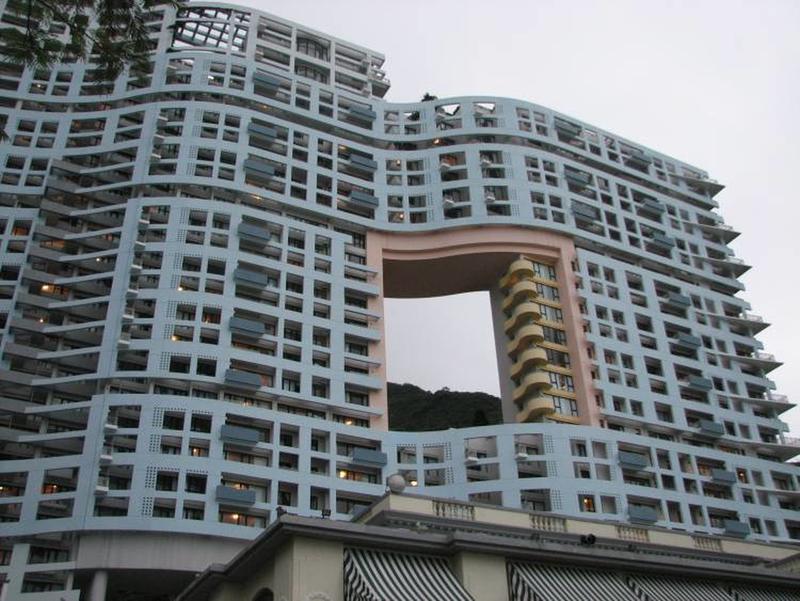
Buildings and other tall skyscrapers which can pose to be a threat to these dragons (especially those along the coastline and waterline) are created with strategically placed holes in them for the dragons to pass through without coming across obstacles.

Buildings which do not have this gaping hole in their structure, a prominent example being the Bank of China Tower are then considered to be bearers of bad fortune. You would be surprised to know the kind of measures taken by other buildings for protection.

As a protective measure against all the 'misfortune', buildings which are directly facing the Bank of China Tower such as the HSBC Tower have placed two giant 'cannons' at the top of their buildings to counter the flow of this negative energy.
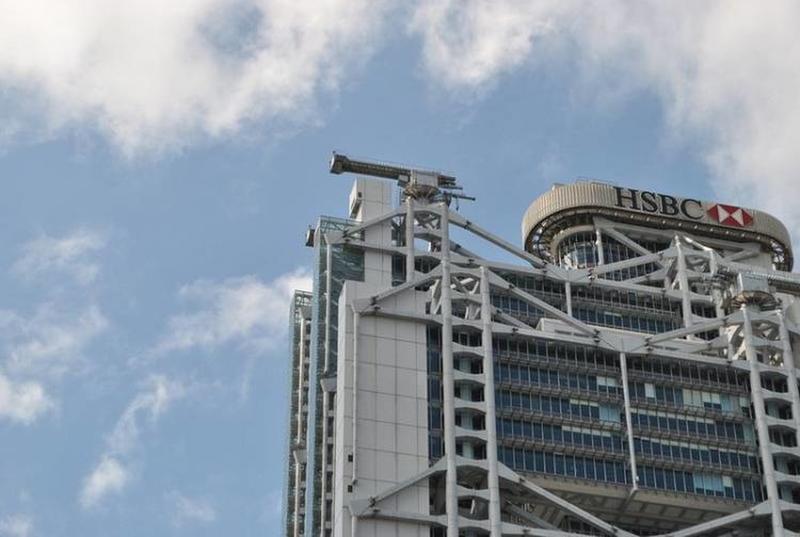
Of course there is no actual science behind these 'protective' measures. The fact that such large, successful and educated business people consider themselves to be subject to 'paranormal' forces speaks volumes about humanity's paranoia with the unknown.
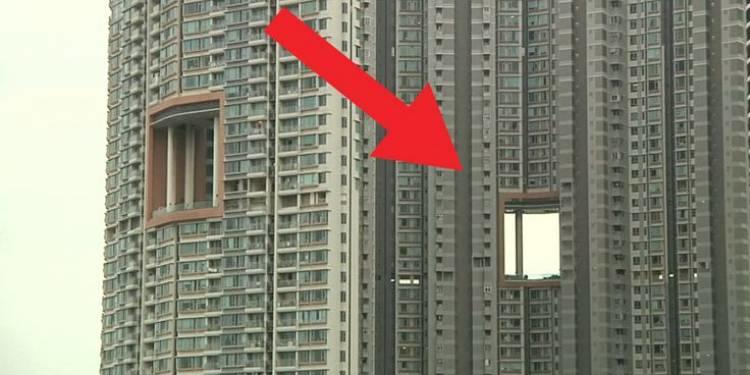
Science almost always has the answer, we just have to dig deeper and not submit to what is written in the ancient scriptures. We have to realize that people who wrote those scriptures lived in different times.
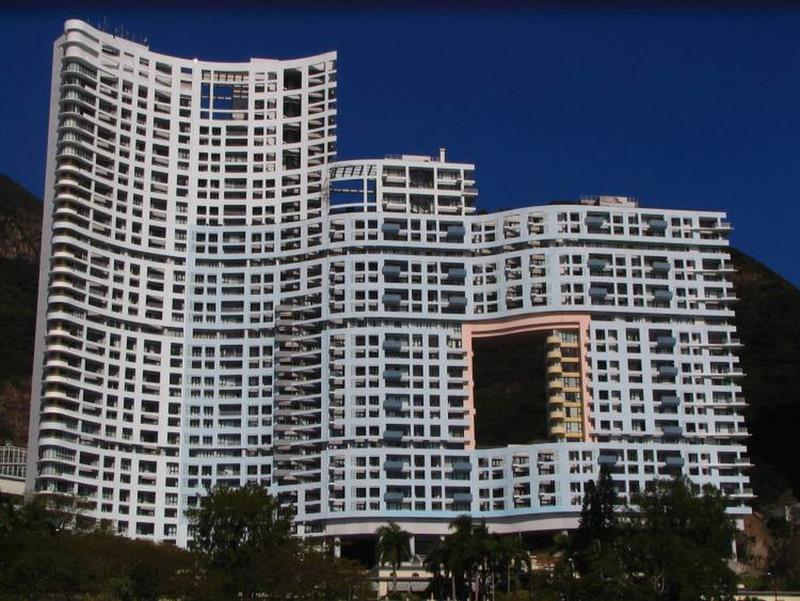
Times have changed and we no longer need to depend on these supernatural rules to dictate our lives. It is better for us to simply believe in our own abilities and will power. Entrusting the unknown to superstition is foolishness.
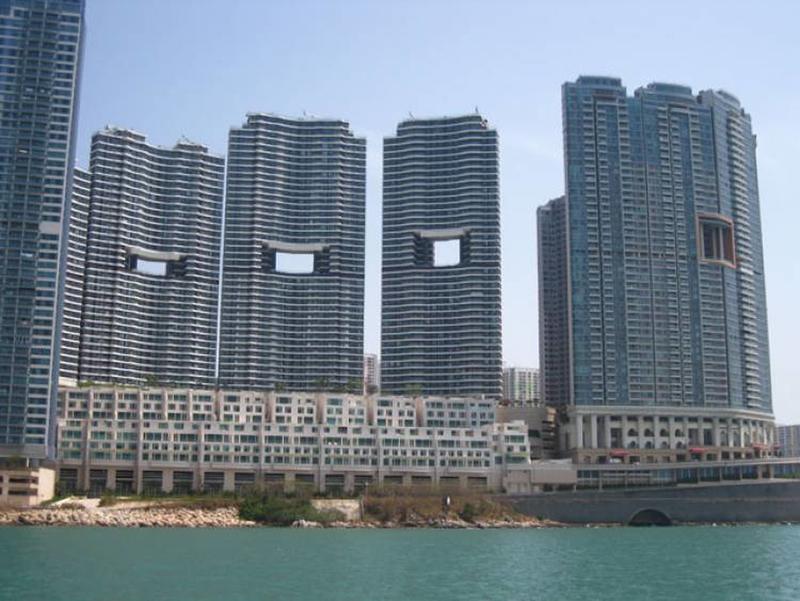
Throughout history we have learnt only one thing. That superstitions and cases of 'paranormal' activities have proven to be economical means of livelihood for those who claim to foresee the future. Soothsayers literally tell lies to make a living.
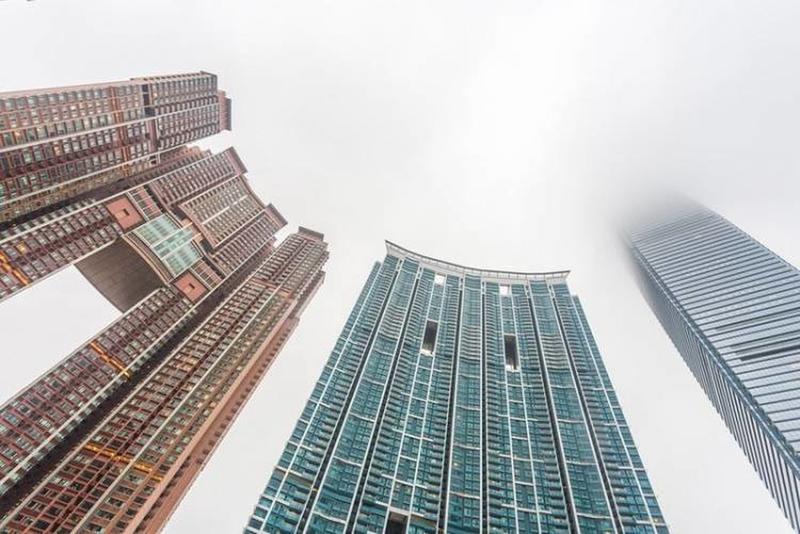
The case with large corporations buckling under pressure from superstitions presents us with a sever cause of concern here. If such large companies cannot avoid the paranoia of the unknown, what then can be said about the laity?
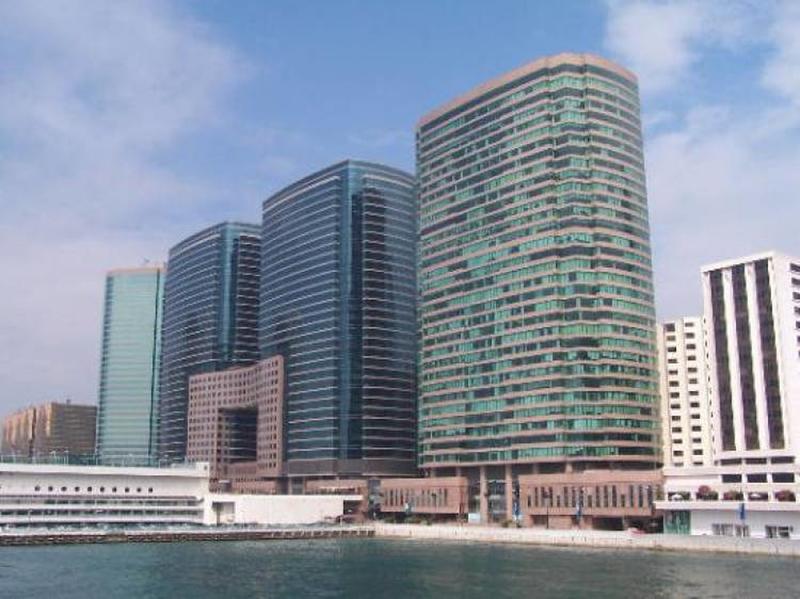
Our past has consistently proven that soothsayers have never really benefitted mankind in any way whatsoever and have always tried to con them out of their time, money and livelihood. That is how superstitions always seem to work.
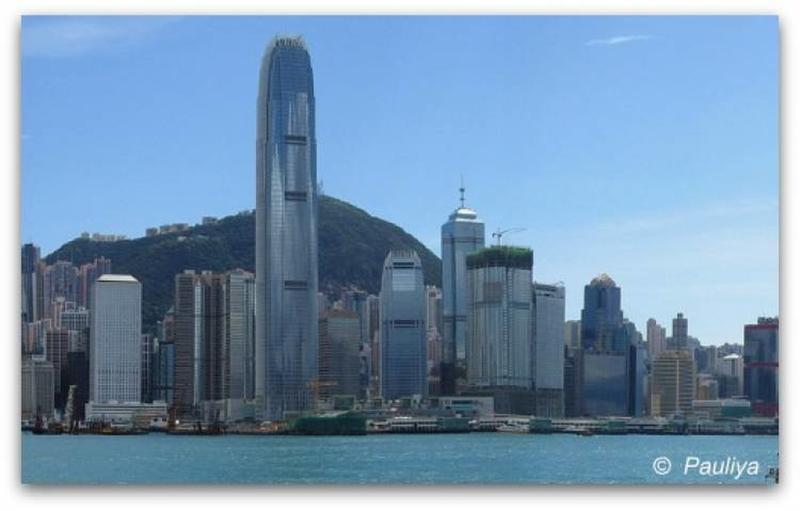
When science doesn't have the answer, it will pretty soon end up finding one. Just because there is no valid scientific explanation behind a particular phenomena, doesn't mean you have an excuse to attribute it to ghosts and spirits.

Every person has the right to believe in their religions, belief systems and ideologies. But it is equally important that they do not shove their beliefs down other people's throats. Never force your views upon other people because that is unethical.
